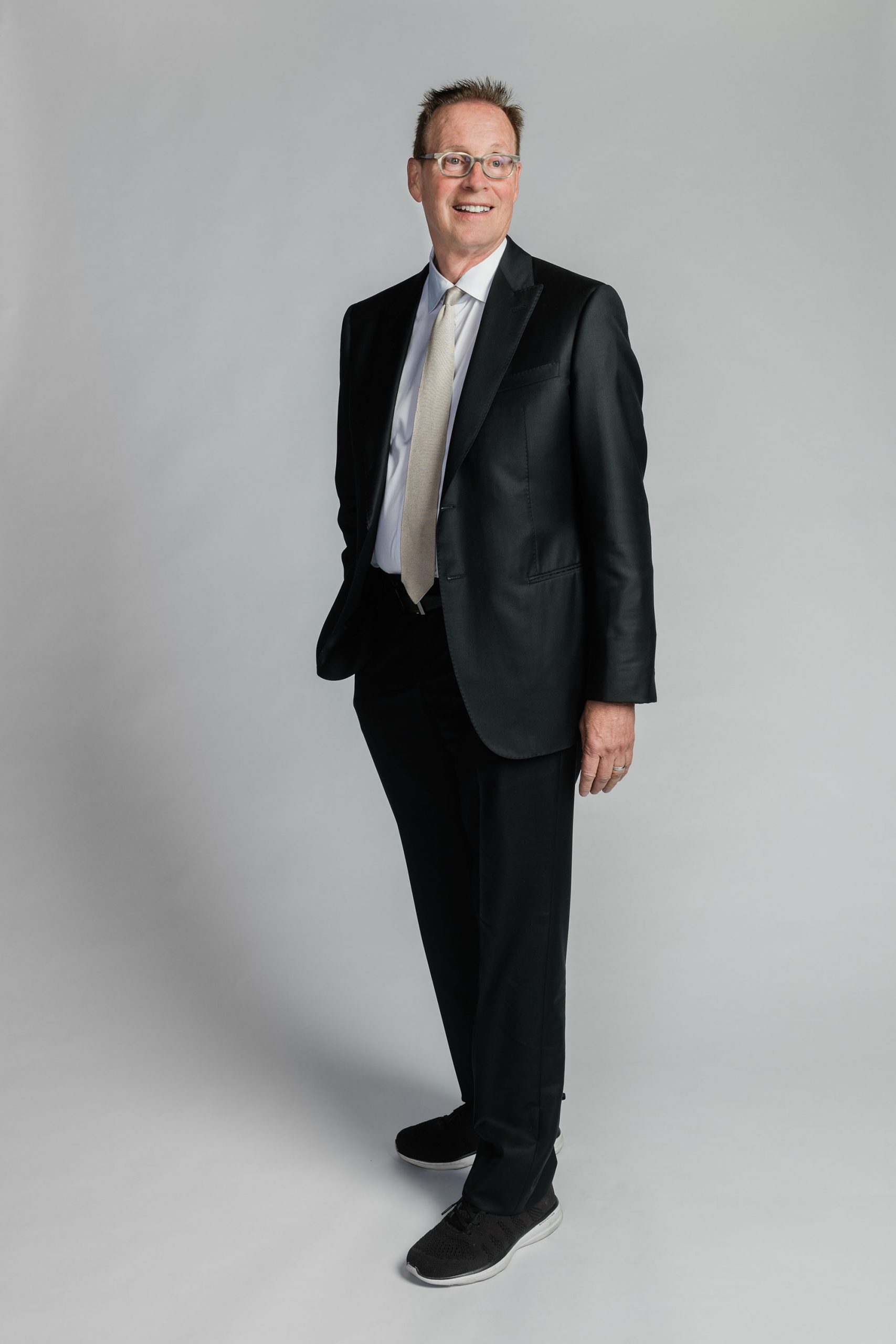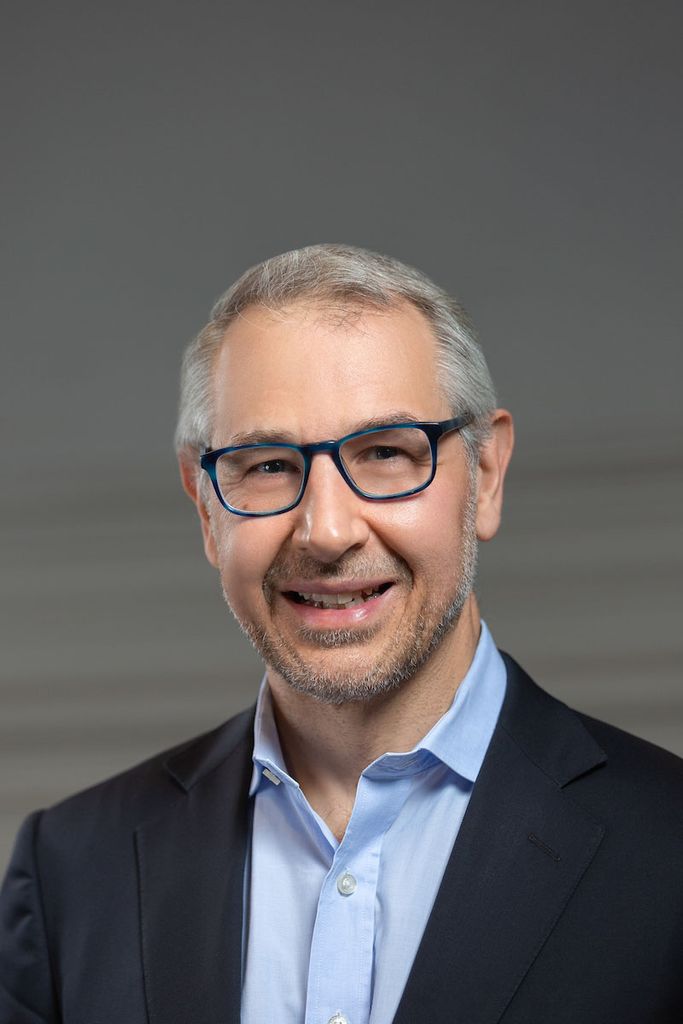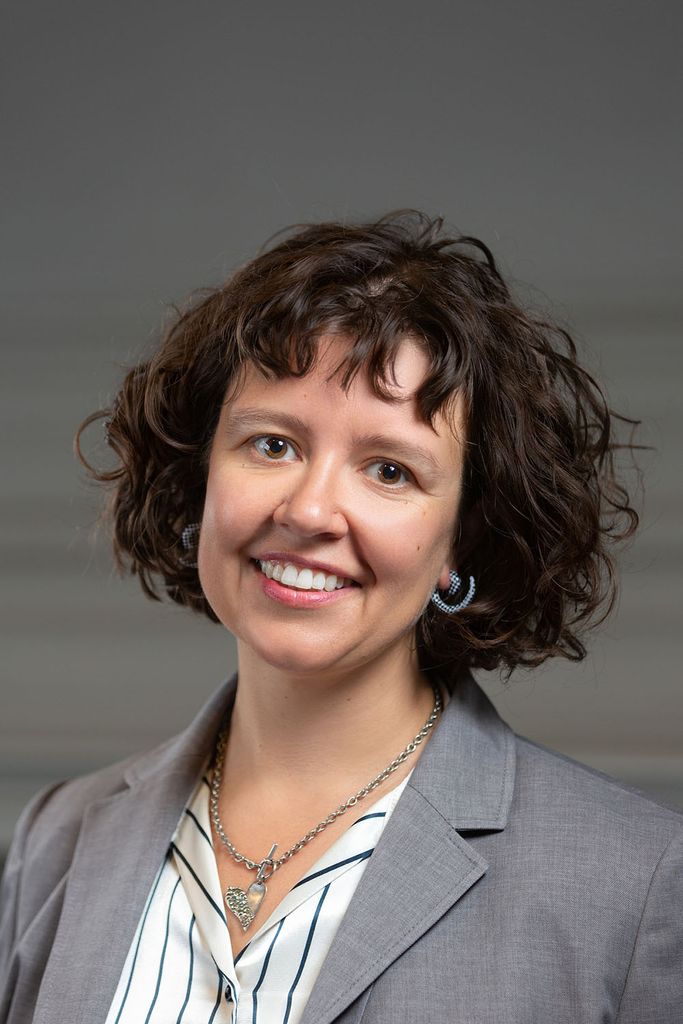$8 Million Gift from Richard Shipley Will Expand Technology’s Role in Residential Education
Endowment from BU alum will help fund new Center for Digital Learning & Innovation

Richard C. Shipley (Questrom’68,’72), a BU trustee emeritus, will help fund creation of the Shipley Center for Digital Learning & Innovation. Photo by Janice Checchio
$8 Million Gift from Richard Shipley Will Expand Technology’s Role in Residential Education
Endowment from BU alum and trustee emeritus will help fund new Center for Digital Learning & Innovation
Among the unexpected revelations of the COVID-19 pandemic has been the rapid adoption of an array of digital tools by faculty at BU and across the nation to transform their teaching to meet the needs of students during the pandemic. Now, an $8 million gift from Richard Shipley (Questrom’68,’72), a BU trustee emeritus, will help the University’s plan to expand digital learning, outlined in its 2030 Strategic Plan, become a reality.
Shipley’s gift will help to fund the Shipley Center for Digital Learning & Innovation, an all-University resource, which will be associated with the BU Center for Teaching & Learning and will report to the associate provost for digital learning and innovation.
“The COVID-19 pandemic has forced all of us—faculty and students alike—to understand the potential for both synchronous and asynchronous remote education to transform higher education and to expand our program offerings to new cohorts online,” says Robert A. Brown, BU president. “Further, we can augment the quality of our residential programs by enhancing our use of rapidly evolving digital capabilities in our in-person classes. We are greatly indebted to Dick Shipley for his support of this transformation.”
Shipley, a longtime BU trustee and the founder and former leader of a private equity firm investing in early expansion-state technology companies, points to the profound changes that digital innovation has wrought in the business world. “Why should academia be different?” he asks.
“BU is very fortunate to have the kind of clairvoyant leadership that embraced digital learning prior to COVID,” Shipley says. “We really know how to execute in the digital space.”
COVID, he adds, has ended resistance to the digital transformation in business, education, and other fields. The University is well positioned to maintain a leadership position in that transformation.
The new center will support all faculty working to create digital content for their in-person undergraduate and graduate courses. It will fund major initiatives by departments, schools, and colleges for creating digital content both for residential students and for online learners, and it will support innovation in digital learning by funding experiments in the application of new technologies. The endowment created by the gift will be used to underwrite work to enhance and innovate faculty use of digital tools in their work.

“I am very excited about the new Shipley Center. The wonderful gift from Dick Shipley will accelerate our efforts to incorporate digital content and innovative approaches into our residential teaching and learning,” says Jean Morrison, University provost and chief academic officer.
Shipley has previously funded several other University initiatives. In 2016, he established the Shipley Prostate Cancer Research Center at the BU School of Medicine and a website with information about treatment options. Additional gifts include $2.5 million in 2008 to endow the Richard C. Shipley Professorship of Management at the Questrom School of Business and $4 million in 2013 to endow the Beverly A. Brown Professorship for the Improvement of Urban Health. He is also chairman and a founding fellow of the University’s William Fairfield Warren Society.
“In the post-COVID era, the field of teaching and learning is entering an exciting phase of continuous transformation,” says Chris Dellarocas, associate provost for digital learning and innovation and the Shipley Professor of Management. “The key question is how do we push towards more inclusive and personalized learning, active student engagement, better support for learning communities, tighter integration of learning experiences inside and outside the classroom, and stronger emphasis on developing future-proof ‘soft’ skills.”
The Shipley Center for Digital Learning & Innovation will be a partner, catalyst, and accelerator of such transformations, Dellarocas says, offering instructional design support, digital media production, educational technology consulting, project management, and funding to faculty and departmental projects that aim to transform residential education at the University. The inaugural director of the Shipley Center will be Romy Ruukel, director of the Digital Initiatives group of BU’s office of Digital Learning & Innovation. Ruukel joined the University in 2013 and played a pivotal role in developing BU’s capacity for developing massive open online courses (MOOCs) and the MicroMasters Program. These capabilities paved the way for BU’s first online at-scale degree, Questrom’s Online MBA, which the Instructional Production Services team currently reporting to Ruukel is helping produce.

“I am thrilled for this opportunity to lead an effort in digital innovation at Boston University,” Ruukel says, “and to collaborate with my colleagues to advance key transformational initiatives as part of the BU 2030 Strategic Plan to reimagine residential learning on our vibrant campus.”
Ruukel has also served as director of BU’s Digital Education Incubator, a long-running initiative for funding and managing pilot projects and experiments associated with teaching with technology.
“The ultimate goal is better preparation of students for the ever-shifting world of work,” Dellarocas says. “The creative application of digital technologies can enhance these very human and meaningful educational goals, which collectively serve as our compass in evolving residential learning at BU.”
The Shipley Center will officially open its doors early in 2022. More details about its programs and ways that BU faculty, departments, and schools can benefit from its services will be communicated shortly.
Comments & Discussion
Boston University moderates comments to facilitate an informed, substantive, civil conversation. Abusive, profane, self-promotional, misleading, incoherent or off-topic comments will be rejected. Moderators are staffed during regular business hours (EST) and can only accept comments written in English. Statistics or facts must include a citation or a link to the citation.